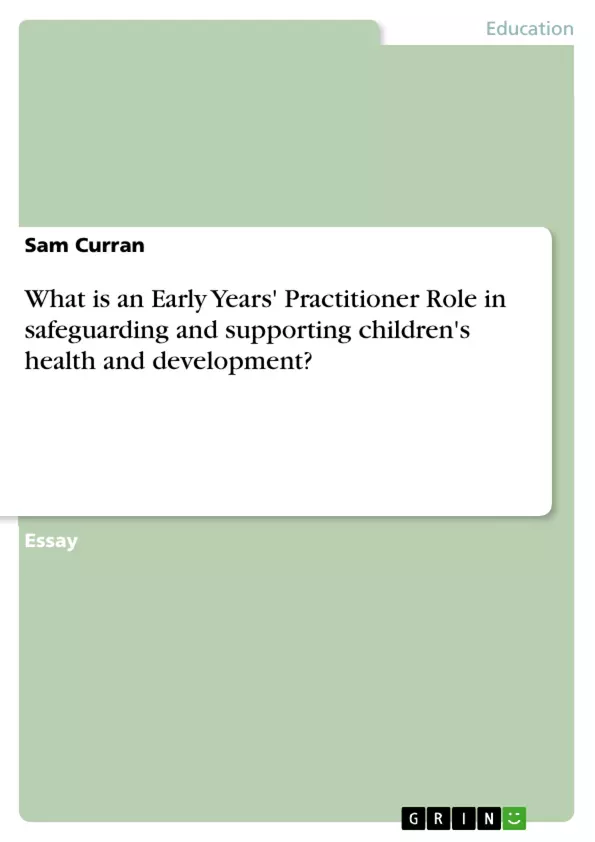Children are a valuable resource, in a plethora of ways. One could see them rather crudely as being just useful for the economy: in that they can be relied upon to fill positions and jobs which have been left by those who have retired and become dependent on their younger counterparts. However, this viewpoint seemingly demeans the wider use of children, one which is acknowledged by Unicef (2012) in their authoritative document stipulating The Rights of the Child, as they list a total of 54 articles which refer to the rights of children, including how adults and governments can collaborate to ensure that they are safely provided for. The document proceeds to emanate a series of things which must be in place for children to fulfill their potential and become responsible citizens who make a positive contribution to society. Alluding to the holistic movement of education which is seemingly so prevalent in modern times, the article converses of the commodities/provisions which children should have access to: ranging from basic rudimentary articles such as food and shelter, to things which are deeper in nature: i.e. to be stimulated in all the right ways and to receive correct nurturing and support which will facilitate their well-being to the optimum level.
In line with eminent psychological theory often cited in education, a child needs to have access to fundamental needs like sustenance and a fixed abode before they can reach a state of well-being, and perhaps even the feted level of self-actualisation, where they are at one with themselves (Maslow, 1970). This influences the importance of securing a child’s well-being due to their fragility and importance for the future.
This assignment will specifically focus on what exactly an EYP can do to support a child’s development, whilst assessing how public policy has been implemented to safeguard the rights of a child, with a particular focus on how all children can be catered for.
Inhaltsverzeichnis (Table of Contents)
- Introduction
- Public Policies and their implementation
- Conclusion
Zielsetzung und Themenschwerpunkte (Objectives and Key Themes)
This assignment focuses on the role of an Early Years Practitioner (EYP) in supporting a child's development and safeguarding their rights, with a particular focus on ensuring all children are catered for. It examines the implementation of public policies aimed at promoting children's well-being and explores the importance of emotional intelligence in EYP practice.
- The significance of a child's well-being and its impact on their future.
- The role of public policies and government initiatives in safeguarding children's rights.
- The importance of emotional intelligence in EYP practice.
- The need for effective communication and collaboration between EYPs and parents.
- The potential for EYPs to identify and address signs of child abuse.
Zusammenfassung der Kapitel (Chapter Summaries)
- Introduction: This chapter introduces the concept of a child's well-being and its importance in their development. It highlights the need for comprehensive care and support, drawing upon Unicef's Rights of the Child and Maslow's hierarchy of needs to emphasize the fundamental needs of children.
- Public Policies and their implementation: This chapter examines the development of public policies aimed at promoting children's well-being in the UK, focusing on the Every Child Matters initiative, the Early Years Foundation Stage (EYFS), and the role of EYPs in implementing these policies. It also discusses the importance of 'reflexive practice' for EYPs, acknowledging the need to critically assess and adapt policies to individual children and settings.
Schlüsselwörter (Keywords)
The main keywords and focus topics of this text include children's well-being, Early Years Practitioners (EYPs), public policies, safeguarding, emotional intelligence, parent partnership, child abuse, and inequalities.
- Quote paper
- Secondary Mathematics Teaching Sam Curran (Author), 2014, What is an Early Years' Practitioner Role in safeguarding and supporting children's health and development?, Munich, GRIN Verlag, https://www.grin.com/document/451614



